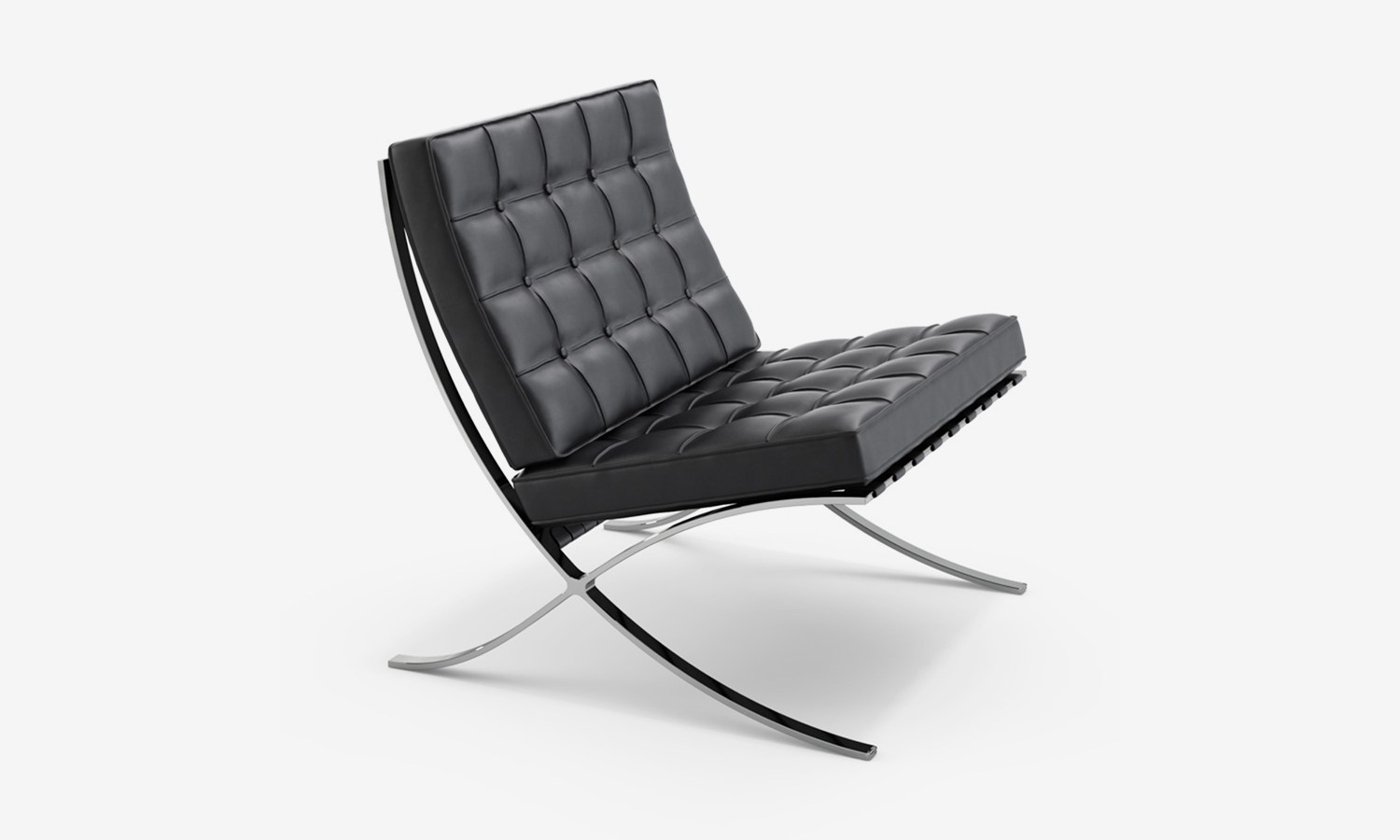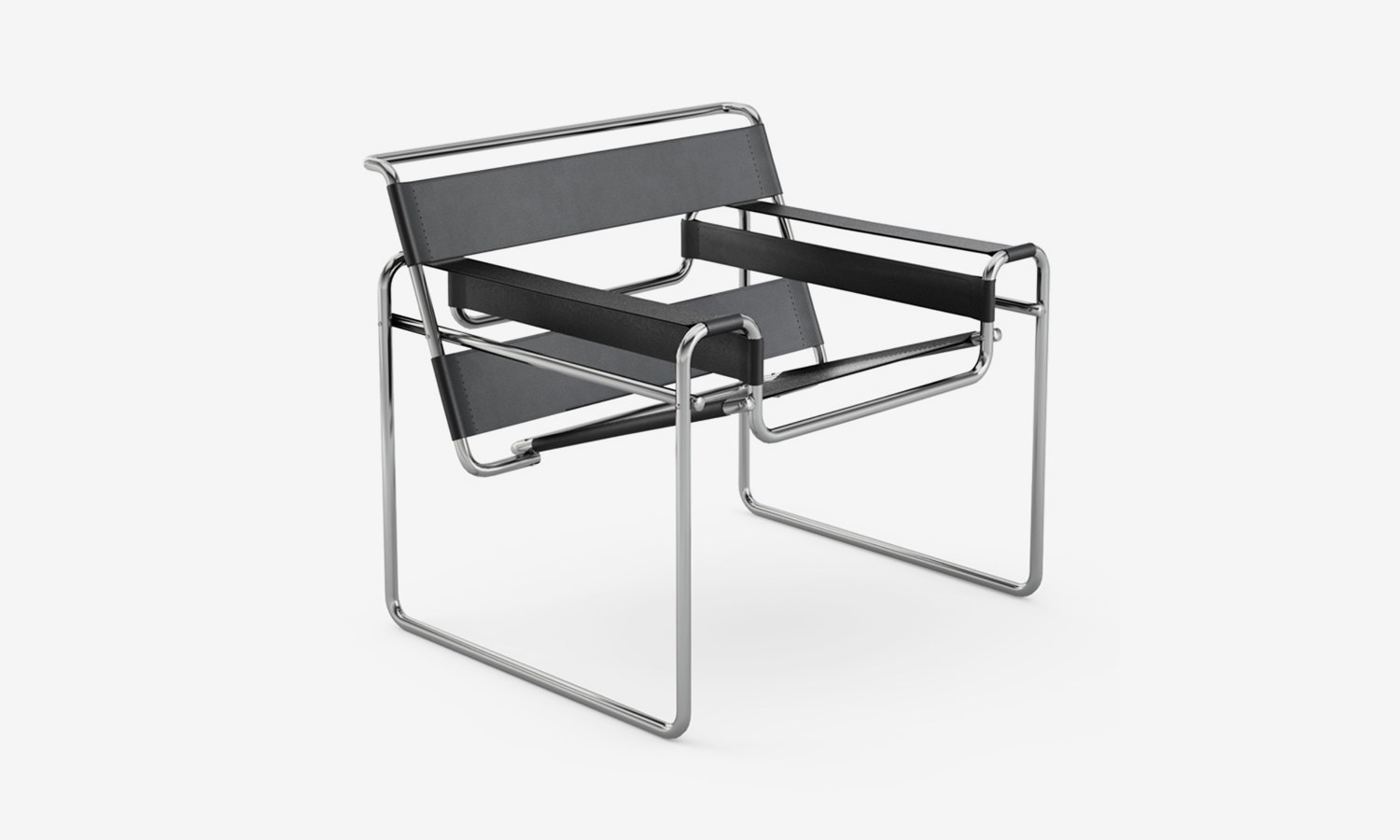Most design enthusiasts are familiar with the Bauhaus era, as well as some of the iconic designs (such as the Barcelona Chair) that are categorized by this particular aesthetic. However, many do not know that Bauhaus was not just an era or design movement, but an actual art school that operated within three different German cities (Weimar, Dessau, and Berlin) from 1919 to 1933. In fact, it was the most influential modernist design school in the 20th century.
Though the school was closed as a result of pressure from the Nazi regime (who didn't agree with its flavor of intellectualism), students and staff continued to spread its aesthetic principles as they fled Germany and settled all over the world (especially in the US and other parts of Europe). This international dissemination of the Bauhaus school ideals—particularly craftsmanship vs. mass production as well as the balance of beauty and utility—is largely responsible for the adoption and popularity of minimalist design as we know it today.
If you are a creative with a simple sensibility, or merely someone who appreciates this aesthetic, it's worth learning more about the school and connecting with its values. Of particular resonance may be the motivation behind its creation—to provide an alternative to uninspiring manufactured products and to reimagine the role art could play in society. By injecting creativity and thoughtfulness into the production of otherwise cheap and ubiquitous items, the Bauhaus school inspired the concept of elevated design for everyday life.


For anyone who lives in or plans to visit Germany, you'll be happy to know that even a short itinerary will provide ample opportunity and options to explore this renowned institution and era in-depth.
In Berlin, the Bauhaus Archive Museum of Design has an extensive collection of literature, documents, artworks, and design pieces on permanent display along with four annual special exhibitions that deep dive into the era. If in the market for a piece, you'd love following the museum visit with a trip to Zeitlos, a concept shop offering collector-edition Bauhaus originals as well as high-quality reproductions available for sale.

If the spirit moves you, you may also deem it worth rounding out your study by taking the 1.5 hour train ride from Berlin to Dessau to see the Bauhaus building that the school operated in when it was based in this small town.
Even if you can only invest a couple of hours of web browsing from the comfort of home, it's well worth the time spent for any self-proclaimed minimalist enthusiast. The Bauhaus founders such as Walter Gropius and Ludwig Mies van der Rohe are amongst the early pioneers of the aesthetic you hold so dear. You are sure to develop a greater appreciation for principles of functionalism and modernism by studying the origins of these concepts.